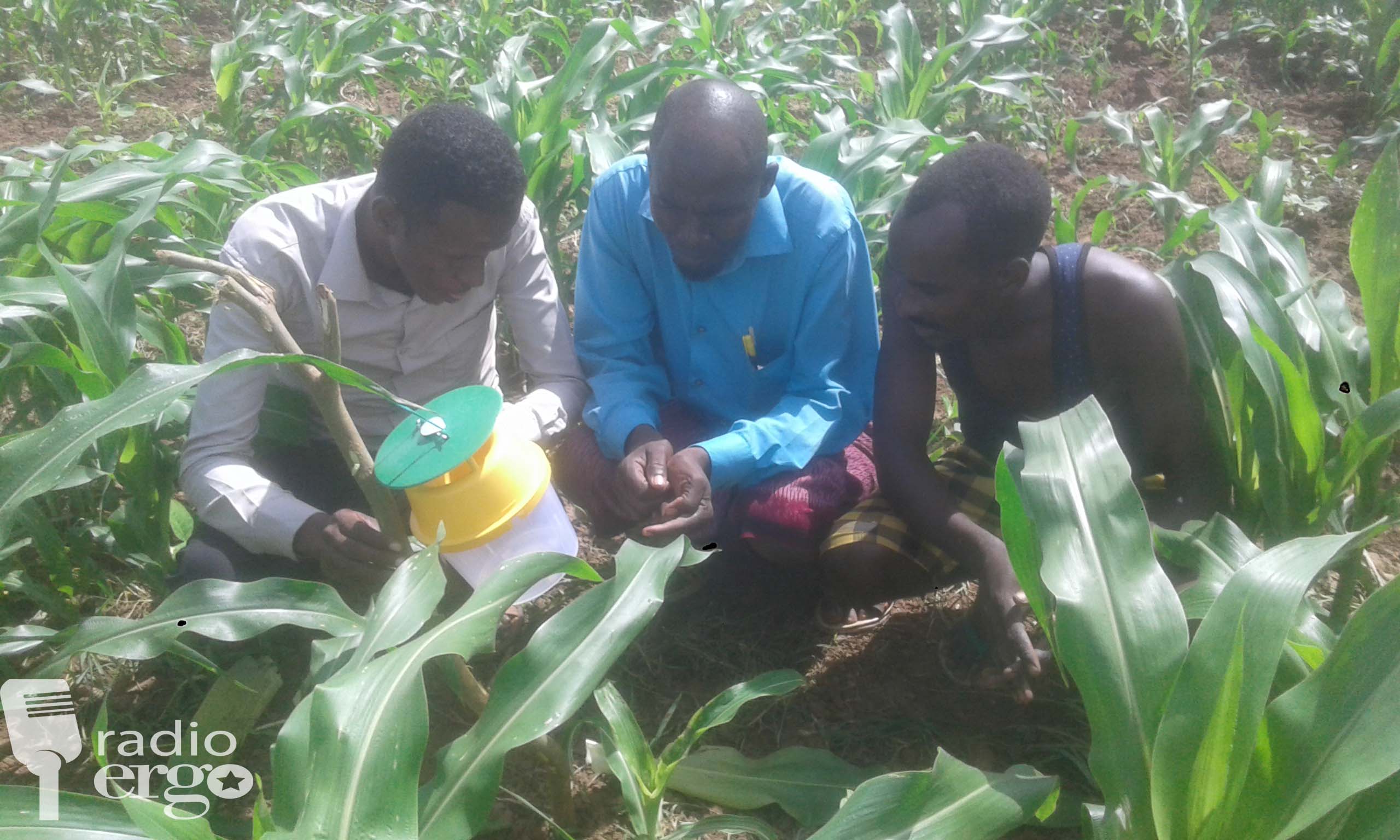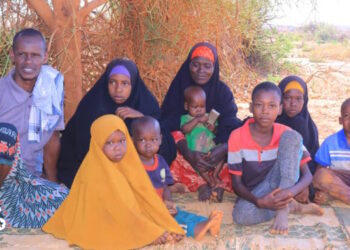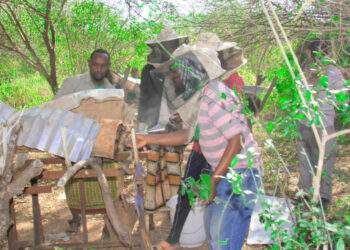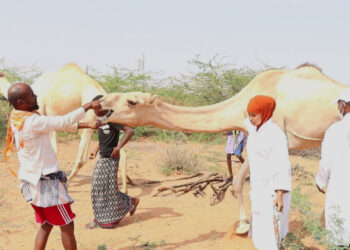(ERGO) – Yakub Bule, 48, first noticed the unusual insects eating his crops on his farm in Bananey, just outside Jowhar, during the Gu season last year. He sprayed several times using the normal pesticide, but the five hectares of maize, sorghum and beans he had planted were ruined as the insects did not respond to the treatment.
He lost the 13 million Somali shillings he had invested in the farm and is still struggling to repay his loans.
The culprits turned out to be Fall Armyworm – a devastating pest that is working its way across Africa, and has been noticed in the Middle Shabelle region of southern Somalia over the last two rainy seasons.
The ‘worms’ are actually caterpillars laid by a moth originating in the Americas. The caterpillars are voracious and can eat up large areas of crops very rapidly. They are proving difficult to manage.
Yakub has recently installed a set of Fall Armyworm traps on one hectare of his land, where he is growing maize and beans, to try to manage the pest. This part of his farm survived the flash floods from the Shabelle River that wiped out many farms in May.
The traps lure the moths using synthetic compounds that mimic the natural chemicals emitted by female moths to attract male moths for mating. The traps need regular checking and the lure needs replacing every few weeks.
The equipment was provided by the UN’s Food and Agriculture Organisation (FAO), which has conducted training of 12 people on installing the traps, in conjunction with the Hirshabelle State ministry of farming and irrigation.
The minister, Hassan Ahmed Muday, said they collect all the trapped moths from the farmers involved in the initiative. They pass them on to FAO for examination and analysis, so that they can decide on the appropriate control measure.
“The female moths lay up to 2,000 eggs a night which hatch in seven to 10 days. They infest the fields and can easily wipe out the crops, even feeding across 100 km distance in a night,” said Mudey.











